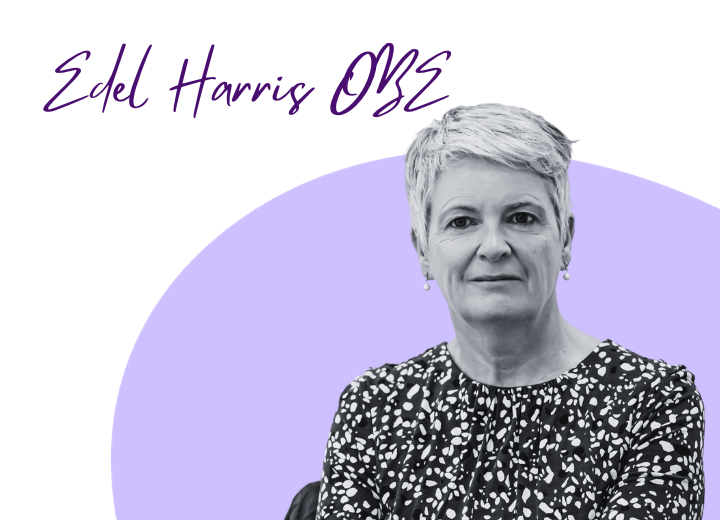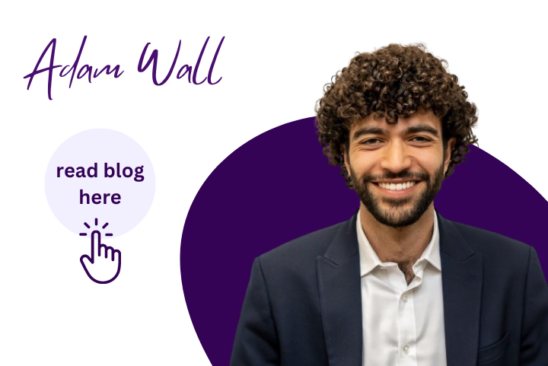Authors
In the UK, social care is facing a crisis of unprecedented proportions.
I have worked in social care for over 15 years, always in the charitable sector, and often wondered where the social care system would be if it wasn’t for the safety net provided by charities across the country.
The demand for social services is increasing as our population ages, and yet our systems are under increasing strain, with chronic underfunding and a lack of an agreed strategic plan.
A recent survey from the National Council for Voluntary Organisations (NCVO) reported that many charities in England are on the brink of insolvency because they are effectively subsidising underfunded local authority and NHS contracts, to the tune of hundreds of millions of pounds, with money that is donated to them by the general public.
Is this a legitimate use of charitable funds? Is this what the public intend their money to be used for, when they are making such donations?
These are questions I have grappled with for many years, not just as moral and ethical dilemmas but also as a question of sustainability. Commissioners know that charities will do everything possible to avoid closing their doors to people and families who need help, but we need to recognise that cannot continue indefinitely.
Voluntary, Community, and Social Enterprise (VCSE) groups, of which charities are a core part, have proven their ability to deliver services in a way which is not only cost-effective, but often just more effective in general in terms of quality and impact. This success has been evidenced by the growth of VCSEs providing these services and the commitment at all levels of the public sector to working with VCSEs more. VCSEs also provide wider benefits to the areas where they work, including employment, training, and innovation. However, they cannot do any of this if they are simply seen as either a “free” bolt-on to statutory and private sector provision, or as grateful beneficiaries of time-limited, ad-hoc grants.
What we are calling for instead is a new relationship between VCSEs and the public sector: one which recognises the vital role that each plays, and that our health and care system will only be sustainable if we work in partnership.
Working in or leading a VCSE organisation requires building and maintaining positive relationships with local authorities. Yet, beyond simply refusing to engage in under-financed contracts, what more can VCSEs and their statutory partners do to produce better outcomes?
Few would deny VCSEs are well placed to understand and conduct further research into local community needs and priorities. VCSEs are often already strong advocates in local policy discussions and contribute valuable insights from people’s lived experience. They provide ready access to the local community, including seldom-heard groups, and are vehicles for showcasing community support and engagement.
As VCSE leaders, it is often challenging to attend all the meetings we are invited to by our statutory partners – but by becoming a part of these shared leadership and management discussions, by engaging not simply as organisational representatives or community advocates but as partners in change, we can co-create better solutions than would be achievable in isolation.
There are a growing number of examples of genuinely collaborative projects which have resulted from such discussions, work that addresses shared goals and shared objectives in a sustainable way. In highlighting the positive outcomes and impact of such collaborations, we can build the interest and momentum needed to ensure such benefits are felt across all communities, and not just in those places or services where brave individuals have pioneered change.
My experience is that VCSEs can contribute by providing not just community engagement, but in a range of other critical ways, including informed project management, understanding the complexity of navigating existing health and care processes, and by bringing the values and commitment to drive a real change in outcomes. Sharing our success stories, our lessons learned, and what good looks like is about not just building credibility, but being good partners.
And if you are working in or leading an organisation within the NHS or local government? Then you already know the financial challenges in the coming year are going to be greater than ever, and that there are no more “quick wins”. You will already be identifying and prioritising essential services that must be maintained despite ongoing budget cuts. You and your partners will already understand that the further degradation of key services – not least, adult social care – will have a horrific impact on individuals, communities, and the NHS. It is, arguably, now or never for a fundamentally different approach
In my experience, when statutory services, and particularly local government, choose to communicate openly with the public and VCSEs about the challenges they face, this transparency helps build trust and foster understanding of the difficult decisions which need to be made. The key is that communication cannot be an end in itself – just sharing a message of despair, cuts and blame won’t help anyone – but must be the starting point for refreshing and reinvigorating our work together to address these challenges, as best we can, through innovation, collaboration, and continuous improvement.
This is about fully mobilising local assets and resources, engaging our communities, and leveraging diverse talents to address these challenges differently and sustainably.
In the end, the question “Who Cares?” is not just about policy and funding; it is a question of our shared responsibilities and maximising the role VCSEs can play in caring for and supporting those who need that care the most, through the good times and the bad.





